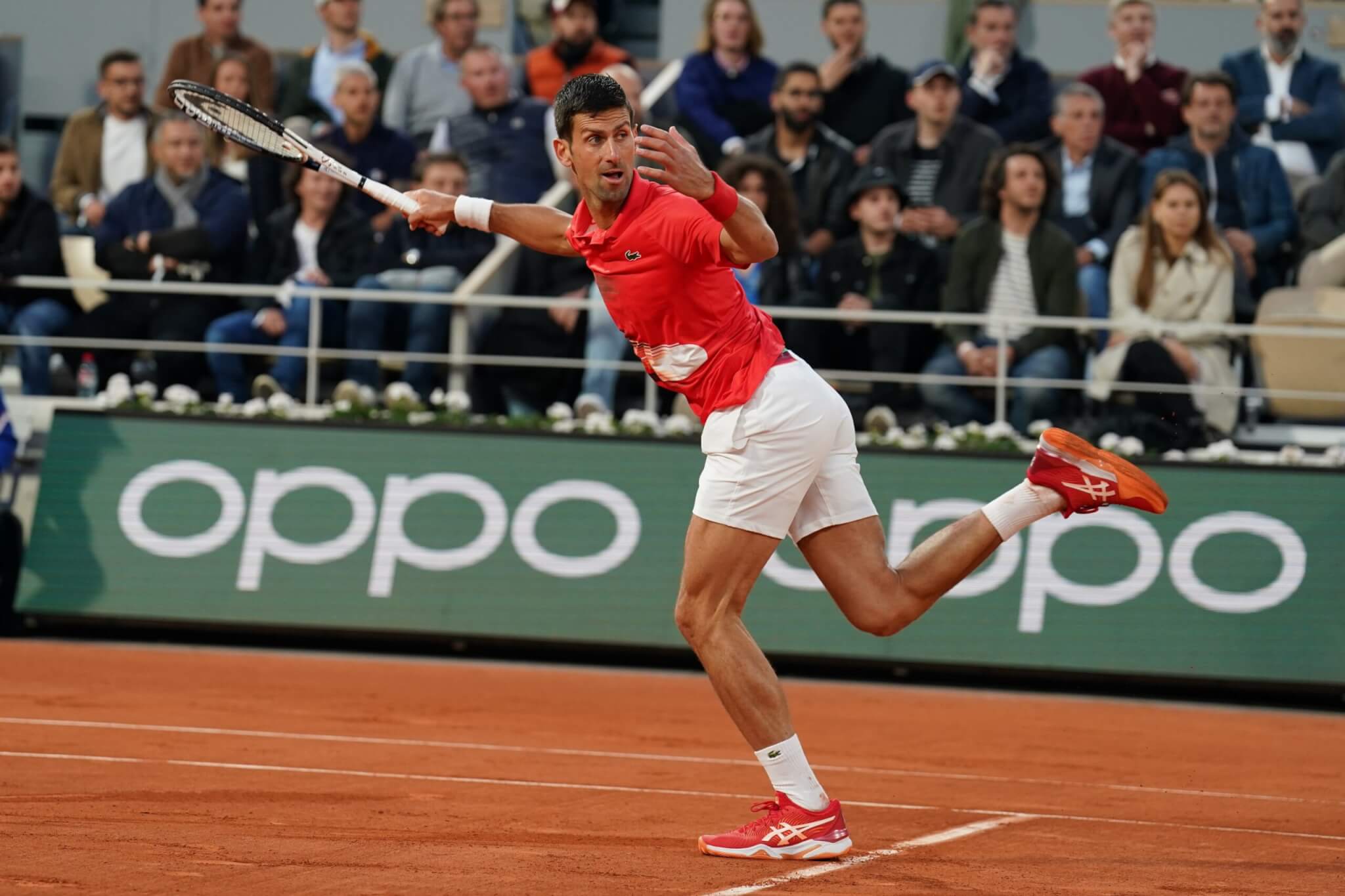It comes as no surprise to anyone who follows tennis that Novak Djokovic won his 23rd Grand Slam at the French Open this month, making him the most successful men’s tennis player in history. The Serbian player is consistently hard to beat, even when he is playing poorly. But what is it that sets him apart?
There are a few answers. Djokovic has superb technical skills and has been called the best “returner” in the sport’s history. He has worked on his diet and fitness to ensure he is consistently in optimal health. And his tactical understanding and execution of tennis are second to none.
What remains? The controller of all these three elements: the mental side. In the past 20 years, Djokovic is perhaps the tennis player who has most openly spoken about and advocated for mental training – and resilience has been a key focus.
Djokovic has dedicated a significant amount of time and planning to his mental training and has worked with experts to incorporate mindfulness. Talking of this in his 2013 cookbook, Serve to Win, Djokovic said: “I do it for about 15 minutes and it is as important to me as my physical training.”

Mindfulness is a mental skill that allows people to experience their conscious thoughts and emotions with the goal of changing their focus of awareness. For example, if the player misses a serve, the brain will probably catastrophise: You missed a serve. You will double fault, and then they will break your serve. In tennis, where every point is a win or a loss, this triggers self-doubt.
Mindfulness allows players to be conscious of this and avoid a negative response. Djokovic goes on to say: “I’ve done so much mindfulness that my brain functions better now automatically … I used to freeze up whenever I made a mistake. Now when I blow a serve or shank a backhand, I still get those flashes of self-doubt, but I know how to handle them.”
Why resilience is so important
Even Djokovic makes mistakes. Resilience is not about error-free performance. That is impossible in elite sports. Resilience is the ability to adapt after adversity. In elite sports, this adversity may be small (such as losing a set in a match) or big (such as a major injury).
Resilience is something athletes develop over time, putting effort in to building mental and social skills that act as a shield against the negative effects of adversity and failure.

Athletes engage in this process through a learning cycle based on their experiences. The psychological skills of emotional control are important for developing resilience. This includes focusing on the process, not the outcome and challenge appraisal, which enables the athlete to look at areas of action they can take to improve their performance, rather than dwelling on threats of failure.
When faced with adversity, the athlete does the best they can. Whatever the outcome, they then reflect on how these psychological skills played out and resilient athletes start repeating what worked for them more.
Djokovic developed his resilience by regularly competing against three great champions of tennis: Roger Federer, Rafael Nadal and Andy Murray. He reflected (for both his successes and failures) on what worked mentally, physically and tactically and then developed himself further. He still uses mindfulness. In his book, Djokovic states how he accepts his thoughts “as they come … they do bounce around like crazy, but they’re supposed to, your job is to let them come and go”.
The main element of Djokovic’s resilience learning process has been his openness to adapt. He has spoken publicly about how he now understands and treats his physical preparation differently. On a mental level, he has accepted that he cannot play every tournament and his motivation has changed slightly.

Djokovic’s motivation has adapted to target grand slams and prepare for them. This is achievement motivation. In sport psychology, this refers to how people are motivated to work towards their highest performance level because they thrive off the satisfaction of the difficulty in the process. They are not afraid of failure but rather are accepting of it in the course of achieving goals.
This has added to Djokovic’s resilience because it has allowed him to accept everything that has come his way, be it the injuries, the ban from tournaments for being unvaccinated, the toughest of competitions, or even emotional outbursts.
So, what does Djokovic himself attribute his remarkable success to? Speaking to ESPN, the player explained: “I stopped thinking too much about what could happen and relied on my physical and mental strength to play the right shots at the right time.” And play the right shots at the right time, he has done. What an incredible achievement in the history of tennis.![]()
Sahen Gupta, Lecturer in Applied Sport & Exercise Psychology, University of Portsmouth
This article is republished from The Conversation under a Creative Commons license. Read the original article.
